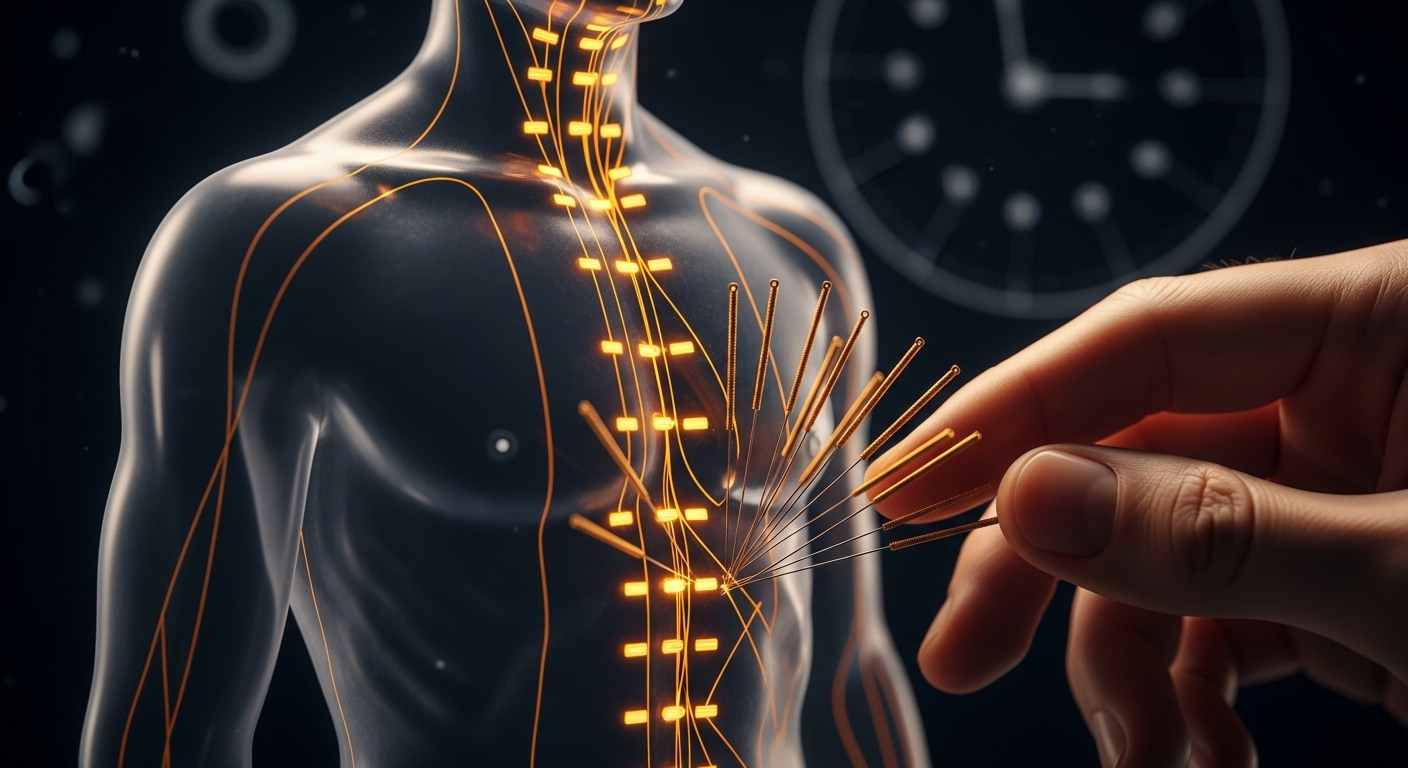Neuropathy Treatment: Options to Manage Symptoms and Improve Comfort
Neuropathy may cause burning, tingling, or numbness that can affect daily life and overall well-being. Treatments are available that focus on relieving discomfort, supporting nerve health, and improving quality of life. From medication and lifestyle adjustments to innovative therapies, there are different approaches to consider. This article highlights the causes, common symptoms, and treatment options that may help manage neuropathy more effectively.

Understanding the Causes and Symptoms of Neuropathy
Neuropathy can develop from various underlying conditions, including diabetes, chemotherapy, infections, and traumatic injuries. Common symptoms include burning or freezing sensations, numbness, tingling, muscle weakness, and reduced coordination. These symptoms often begin in the hands and feet, potentially spreading to other areas of the body as the condition progresses. Early recognition of these signs allows for more effective treatment implementation.
Treatment Options Available for Managing Neuropathy
Medical treatments for neuropathy focus on addressing both underlying causes and symptom management. Prescription medications may include anticonvulsants, antidepressants, and topical treatments to reduce pain and discomfort. Physical therapy and occupational therapy can help maintain strength and function, while nerve stimulation techniques like TENS units provide additional pain relief options. Some patients benefit from alternative treatments such as acupuncture or specialized supplements under medical supervision.
Essential Lifestyle Adjustments for Nerve Health
Making specific lifestyle modifications can significantly impact neuropathy management. Regular exercise, particularly low-impact activities like swimming or walking, helps improve circulation and maintain muscle strength. A balanced diet rich in B vitamins, antioxidants, and essential nutrients supports nerve health. Limiting alcohol consumption and maintaining blood sugar control for diabetic patients are crucial steps in preventing further nerve damage.
Managing Burning and Tingling Sensations
Several strategies can help control uncomfortable neuropathy symptoms. Temperature therapy, such as applying cold or warm compresses, may provide temporary relief. Gentle massage and stress reduction techniques like meditation can help manage pain perception. Wearing comfortable, loose-fitting shoes and clothing prevents additional pressure on sensitive areas, while protecting extremities from temperature extremes helps avoid symptom flare-ups.
Improving Daily Life with Comprehensive Neuropathy Care
A comprehensive approach to neuropathy management often includes multiple treatment modalities working together. Regular medical monitoring helps track progress and adjust treatments as needed. Occupational therapy can provide adaptive techniques and tools for maintaining independence in daily activities. Support groups and counseling services offer valuable emotional support and coping strategies for living with chronic symptoms.
Neuropathy Treatment Options Comparison
| Treatment Type | Provider Type | Estimated Monthly Cost |
|---|---|---|
| Medication Management | Neurologist | $150-400 |
| Physical Therapy | Licensed PT | $100-200 per session |
| Acupuncture | Licensed Acupuncturist | $75-150 per session |
| TENS Therapy | Medical Equipment Provider | $30-100 |
| Nutritional Counseling | Registered Dietitian | $100-200 initial visit |
Prices, rates, or cost estimates mentioned in this article are based on the latest available information but may change over time. Independent research is advised before making financial decisions.
Living with neuropathy requires a personalized approach combining medical treatments, lifestyle modifications, and ongoing symptom management strategies. While complete cure may not always be possible, proper treatment and care can significantly improve comfort levels and daily functioning. Regular consultation with healthcare providers ensures treatment plans remain effective and adapt to changing needs over time.
This article is for informational purposes only and should not be considered medical advice. Please consult a qualified healthcare professional for personalized guidance and treatment.




